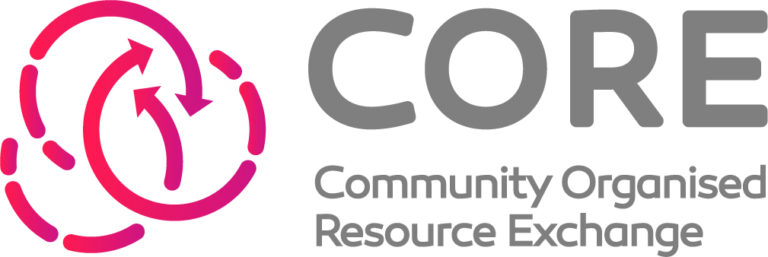Geographical area: City of Busselton
Purpose: To provide a forum that builds capacity and empowers community organisations and groups to collaboratively shape a healthy, happy and thriving community in the City of Busselton.
Agencies: AccordWest, Adventist Development and Relief Agency, Advocacy WA, Advocare, Anglicare WA, APM Communities, Bendigo Bank, Busselton Dunsborough Alliance Against Depression, Busselton Hospice Care Inc., Cam Can, Cancer Council WA, Carealot, Citizens Advice Bureau, Department of Education, Freedom State (WA AIDS Council), GP Down South, Headspace, Interlife, Just Home, LAMP Inc., Playgroup WA, Radiance South West, Richmond Wellbeing, Roses in the Ocean, Rotary Club of Busselton-Geographe Bay, Services Australia, South Regional TAFE, South West Autism Network, South West Community Alcohol & Drug Service, South West Counselling, South West Women’s Health & Information Centre, The Paperbark Wellness Project, The People Place, The People Place Busselton, WA Country Health Service, WA Primary Health Alliance, Waratah, YouthCARE.
Meetings: Bi-monthly
Contact: Jessica Watts, Community Development Officer – City of Busselton on [email protected]



